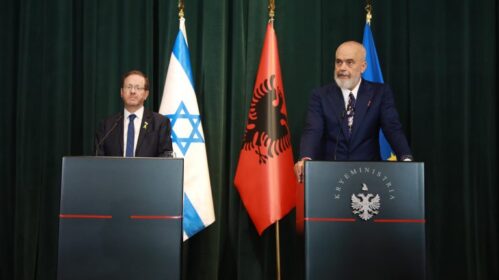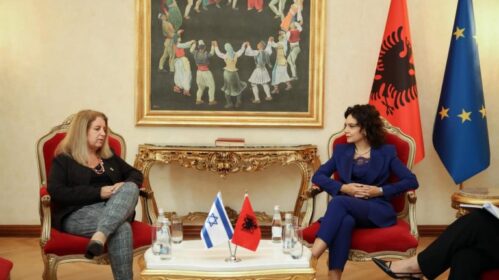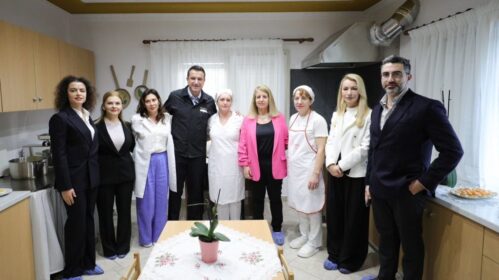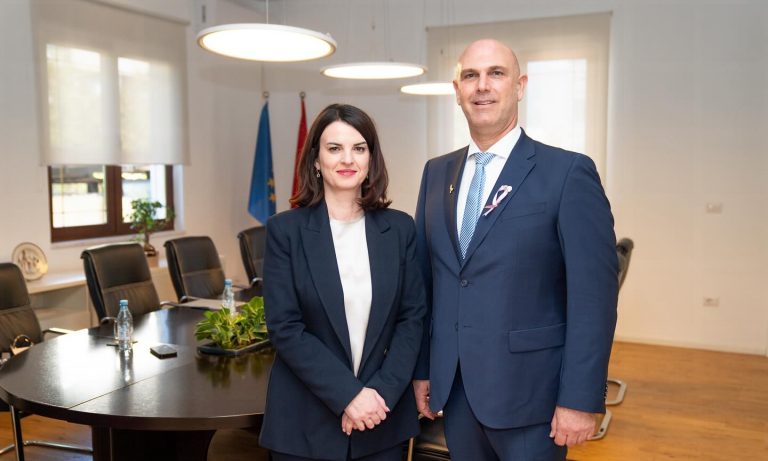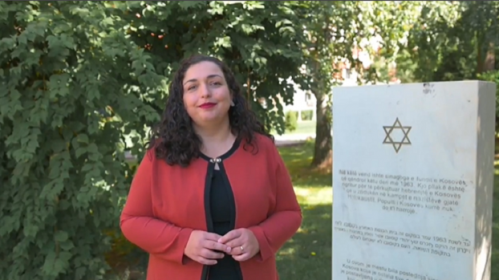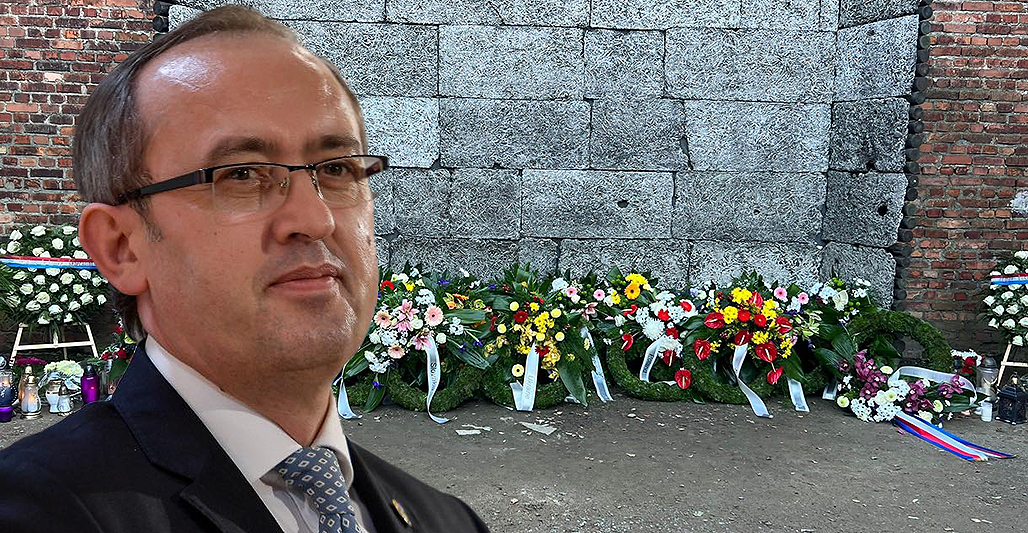Abstract
Rescue in Albania during the Holocaust: A Case of Cultural Exceptionalism?
The popularity of the museum exhibit “Besa: Albanian Muslim Rescuers during the Holocaust” reveals the interest in the survival of Jews in Albania that has grown out of both a Western desire to find examples of Muslim benevolence to combat Islamophobia, and an Albanian desire to rehabilitate their national image. Largely isolated from the majority of the population, fewer than two hundred Jews lived in Albania prior to World War II. Yet, over the course of the war, roughly two thousand Jews found shelter with Albanian citizens, the majority of whom were Muslim and had never encountered Jews before. To date, both commemorative and scholarly works have portrayed Holocaust rescue in Albania as a case of cultural exceptionalism much like the French Huguenots. Albanian historians such as Apostol Kotani claim that a history of persecution and the cultural practice of besa, which mandates the protection of others, drove Albanians to shelter Jews from across Europe. Yet how accurate are these portrayals? My paper, a chapter from my dissertation, seeks to examine the Albanian case and place it in a larger context by analyzing published memoirs, survivor testimonies, and previously unexamined materiel from the Albanian archives. A careful examination of these sources reveals that, though important, Albanian cultural practices varied considerably and were only able to facilitate Jewish survival in conjunction with other mediating factors such as local German policies of occupation, topography, the structure of the Jewish community, and the timing of the German occupation proved to be more important. Though, in light of this complexity, it is tempting to view the two thousand Jews who survived the Holocaust in Albania as insignificant when faced with the six million others who died, this historical narrative still provides a useful perspective on not only the Holocaust, but also interfaith and inter group relations within the former Ottoman Empire.








